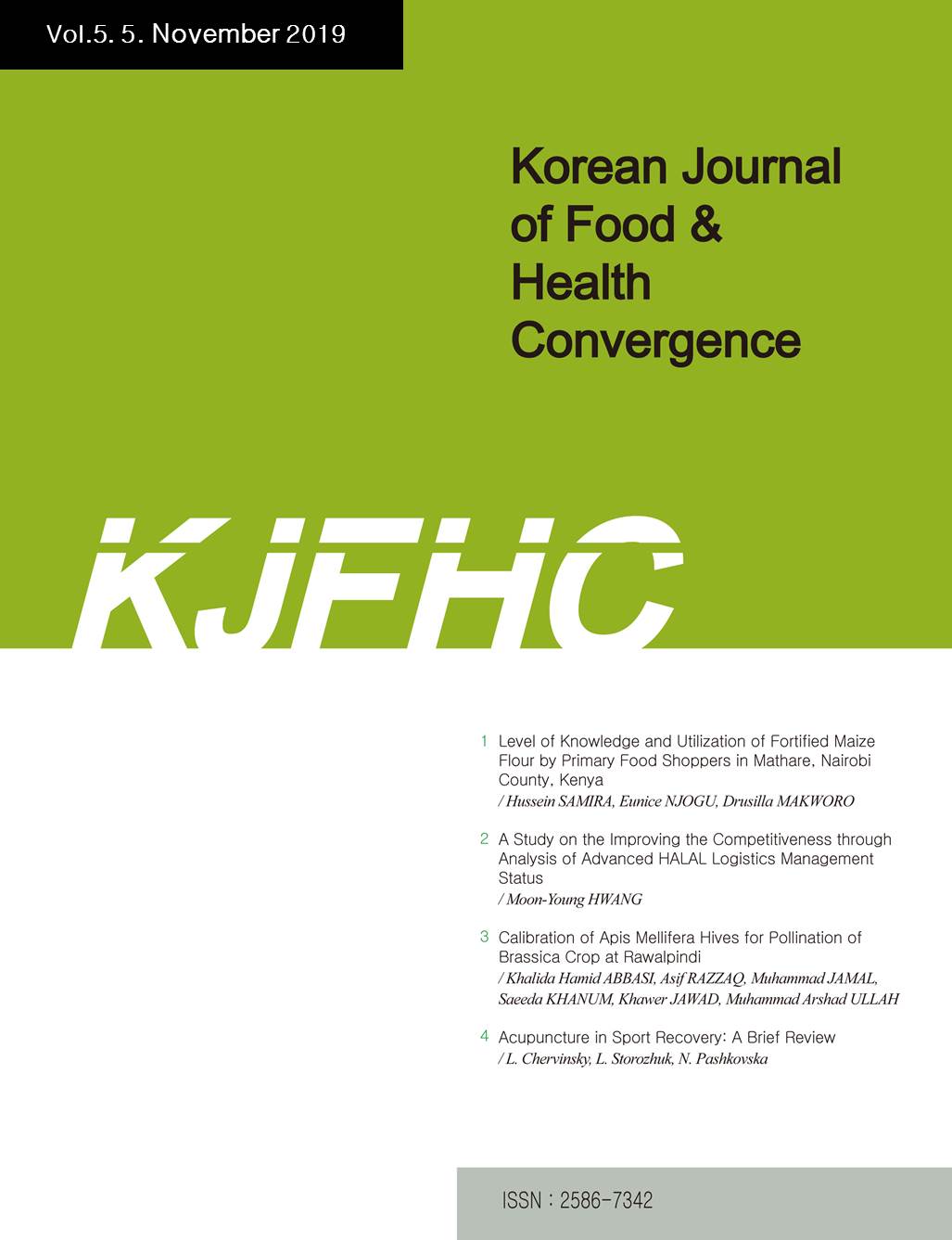- 권한신청
- E-ISSN2586-7342
- KCI
Thıamıne Defıcıency and Wernıcke-Korsakoff Syndrome Effects on Vestıbular System
Abstract
Wernicke korsakoff syndrome is caused by thiamine deficiency in the body. Thiamine not available in the body, is a substance to be taken from outside with foods. There are some conditions that reduce the metabolism of thiamine taken from the body and cause a vital risk. The most important factor is alcoholism. Wernicke Korsakoff syndrome produces both neurological and vestibular symptoms. At the same time, the damage of these symptoms to the patient psychology cannot be ignored. The aim of this study is to investigate the damage and mechanism of the syndrome in the vestibular system. In this study, we investigated vestibular symptoms of Wernicke Korsakoff syndrome due to thiamine deficiency, differences of vestibular system according to individuals and mechanism of damage caused by syndrome in vestibular system. Thiamine deficiency is caused by Wernicke Karsokoff syndrome with some external factors. This syndrome shows the most important effects of alcoholism. It causes neurological, vestibular and psychological symptoms. In this context, we can say that thiamine deficiency is a disease that causes damage in the vestibular system due to nystagmus formation and imbalance. The most important detail in the treatment stage is the detailed evaluation of symptoms associated with each other.
- keywords
- Thiamine Deficiency, Wernicke-Korsakoff Syndrome Effects, Vestibular System
- 다운로드 수
- 조회수
- 0KCI 피인용수
- 0WOS 피인용수

